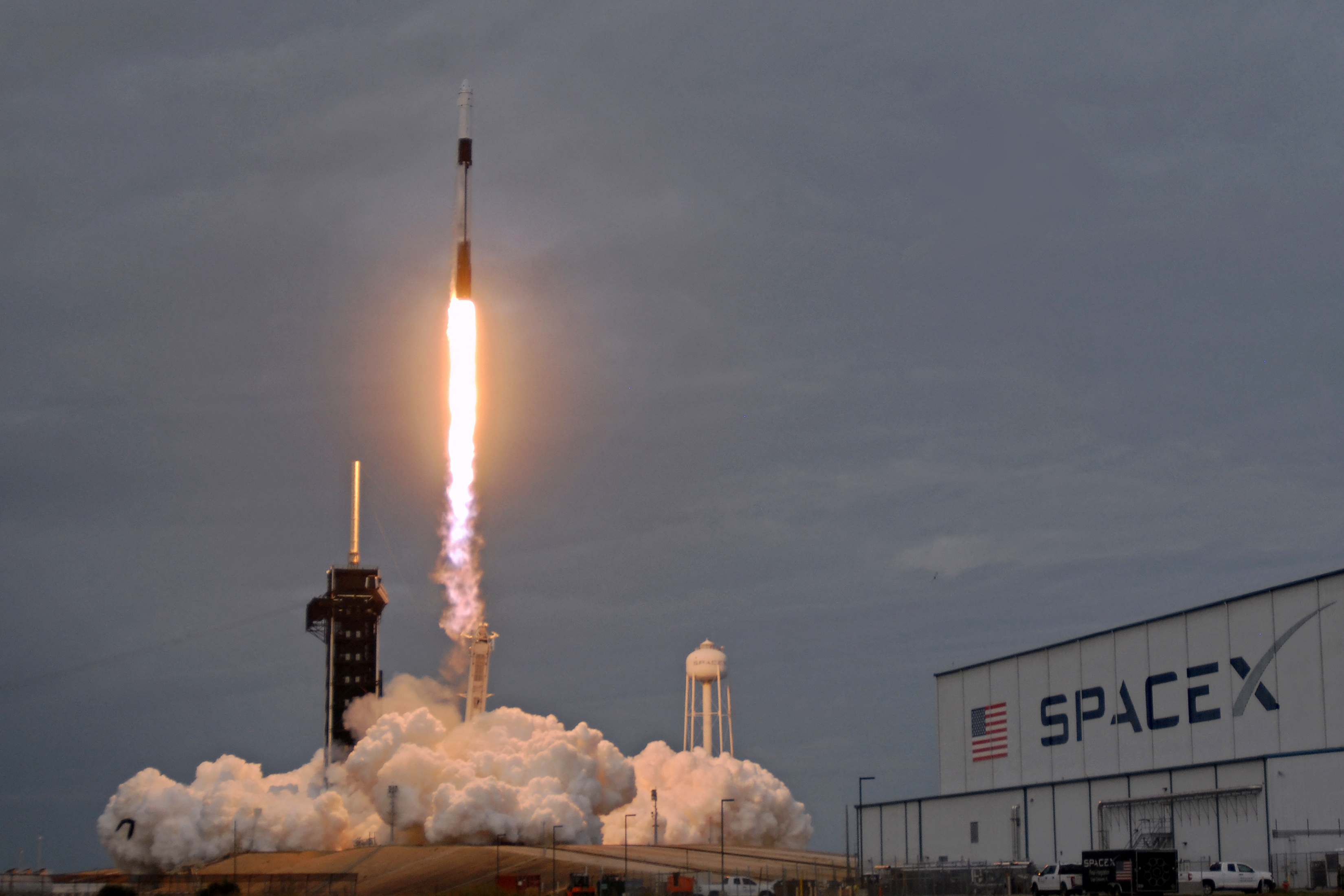

Plans for the Axiom-3 mission call for the crew to spend roughly 14 days in microgravity aboard the ISS conducting more than 30 scientific experiments, many of them focused on the effects of spaceflight on human health and disease.
More symbolically, the mission reflects the growing number of nations venturing to Earth orbit as a way of enhancing global prestige, military prowess and satellite-based communications.
Türkiye, a longtime applicant for EU membership, was poised to enter the exclusive-but-expanding club of ISS-guest countries by sending Alper Gezeravcı, 44, a Turkish Air Force veteran, on his nation’s debut human spaceflight as an Ax-3 mission specialist.
He was being joined by: Italian Air Force Colonel Walter Villadei, 49, Ax-3’s designated pilot; Swedish aviator Marcus Wandt, 43, another mission specialist; and López-Alegría, 65, a retired NASA astronaut and dual citizen of Spain and the United States. López-Alegría, an Axiom executive, also commanded the company’s first mission to the ISS in April 2022.
Axiom billed the flight as “the first all-European commercial astronaut mission” to the space station.